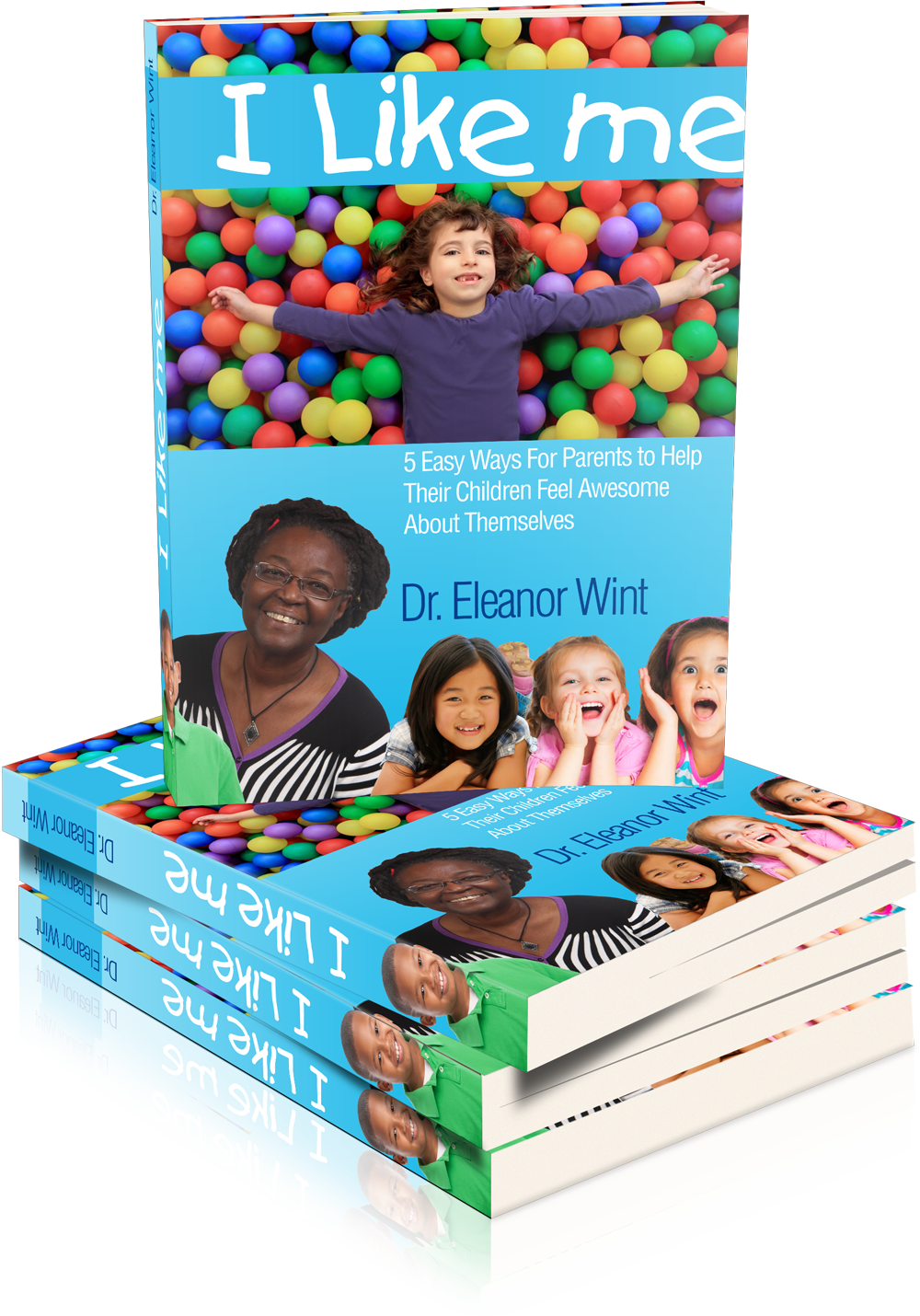
Parents & Caregivers Understanding Preschooler Development
How to Build Preschooler Self-Esteem
Self-esteem is a very important part of preschooler development. Parents and caregivers often feel they are making mistakes and not understanding preschooler development. Here you have 5 Easy Ways to help you succeed. This is a book for parents and caregivers and even grandparents that will help you feel CONFIDENT that you are making the right decisions to help build your preschooler self-esteem!
Things you will learn
Major self-esteem approaches
What are the signs of positive self-esteem?
How to get kids to show respect for authority?
How to get the preschooler to respect themselves, their culture and their environment?
How to approach new things without fear?
The SHINE technique shows you! Understanding preschooler development in Easy Steps!
I Like Me shows you how to understand the development of self-confidence in 5 year old kids, how to build preschooler self-esteem AND how to regain your own sense of competence.
REMEMBER
Early development of positive self-esteem is a key deterrent to deviant behavior in later life. BEGIN WITH POSITIVELY BUILDING PRESCHOOLER SELF-ESTEEM, END WITH A SUCCESSFUL ADULT.
Living closely and encouraging your preschooler to believe in Love makes their life and your life more fulfilling. BEGIN WITH LOVE, END WITH LOVE.
Don’t get left behind! Maximize the power of the S.H.I.N.E. technique™!! Build self-confidence in children.
The SHINE technique presented in I Like Me, was developed after years of research with families in various countries facing a variety of challenges. The strategies presented are specific to understanding preschooler development and growth of the self-concept of the child. I found Marianne Williamson’s quotation after I developed the technique and it really brings home the point of my technique. “We are all meant to shine as children do“.
In these pages you will uncover
Powerful, yet warm, practical and solid advice on preschooler self-esteem building
What is self-esteem and why it is important for children to feel awesome about themselves at this early age
How to transfer your learning into action with your own children (structured activities)
How to maintain your own sense of self and feel good about yourself as a parent
The 5 strategies you need to practice on a daily basis and the theories behind each strategy (including case studies)
The most common mistakes that hurt effective parenting and learn how these can be avoided
Linked resources which you can use in the future